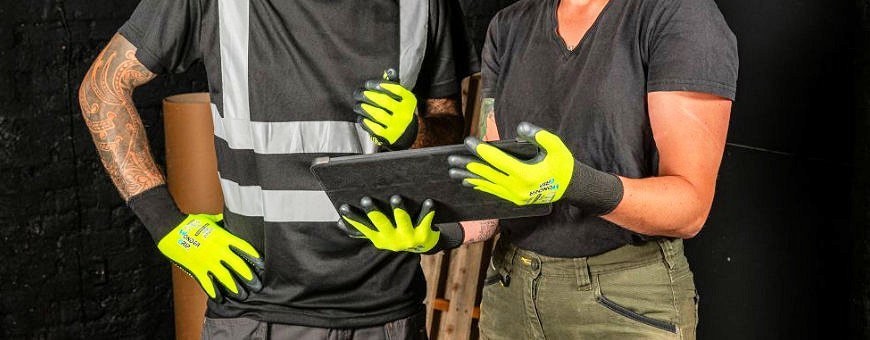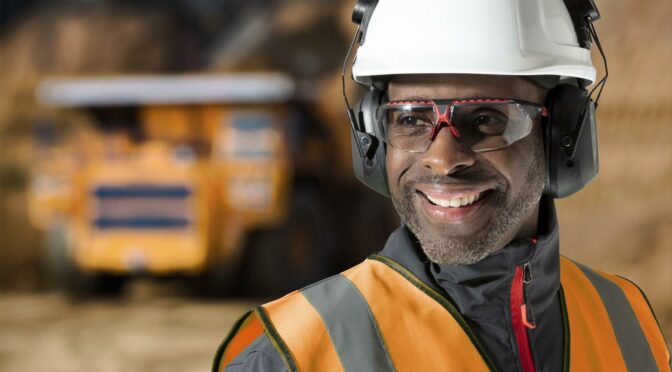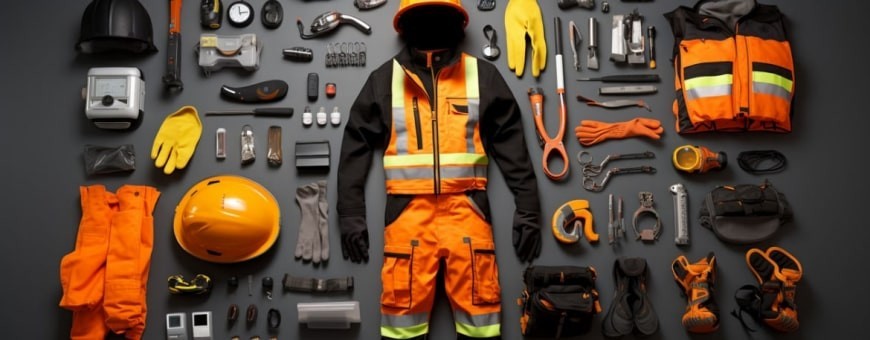Mechanics work in environments that are filled with potential hazards, from sharp tools and heavy machinery to high-temperature engines and hazardous chemicals. Ensuring their safety is paramount, and the right protective gear can make a significant difference in preventing injuries and enhancing overall work performance. Whether working on vehicles, machinery, or industrial equipment, mechanics need specialized protective equipment that addresses the specific dangers of their trade.
Here’s a comprehensive guide to the essential protective gear for mechanics, along with tips on how to choose the best equipment to ensure a safer workday.
1. Protective Footwear
Mechanics spend long hours on their feet, often working in tight spaces and handling heavy tools and equipment. Protective footwear is critical to prevent injuries caused by falling objects, sharp objects on the floor, slips, and burns.
- Steel-Toe Boots: Steel-toe boots are a must for mechanics, providing protection against impact and compression. They protect the toes from heavy tools or parts that might fall while working under vehicles or machinery. Many modern steel-toe boots are also equipped with composite materials that provide the same level of protection but are lighter and more comfortable.
- Slip-Resistant Soles: Mechanics often work in environments with oils, grease, and water, creating slippery conditions. Shoes with slip-resistant soles ensure better traction and reduce the risk of falls.
- Oil and Chemical Resistant Materials: Mechanics work with various fluids, including oil, brake fluid, and cleaning agents. Footwear with oil-resistant, chemical-resistant soles helps prevent absorption of these harmful substances, which can deteriorate the shoes and cause slipping hazards.
Tip: Choose boots with good arch support to help reduce fatigue and discomfort during long shifts.
2. Protective Gloves
Mechanics’ hands are exposed to various hazards, from sharp objects and abrasions to burns and harmful chemicals. Protective gloves are essential for shielding the hands from these risks while also providing dexterity for handling tools.

- Cut-Resistant Gloves: Gloves made from materials such as Kevlar or stainless steel provide excellent protection against cuts and abrasions when working with sharp metal parts or handling tools with rough edges.
- Heat-Resistant Gloves: When working on engines, exhaust systems, or other hot components, heat-resistant gloves protect the hands from burns and heat exposure. Look for gloves with heat-resistant coatings or those made from heat-insulating materials like Kevlar or leather.
- Chemical-Resistant Gloves: Mechanics often deal with hazardous chemicals, fluids, and solvents that can cause skin irritation or burns. Nitrile or neoprene gloves are resistant to oils, greases, and chemicals, providing protection while allowing for flexibility and precision.
Tip: Opt for gloves that fit snugly but comfortably to maintain dexterity while handling tools and parts.
3. Safety Glasses or Goggles
Mechanics frequently work with power tools, grinding equipment, and chemicals that can pose significant risks to the eyes. Whether it’s flying debris, sparks, or chemicals, eye protection is essential to prevent injuries.
- Impact-Resistant Safety Glasses: Standard safety glasses made from polycarbonate or other impact-resistant materials help protect against flying debris, sparks, and other projectiles.
- Anti-Fog and Scratch-Resistant Coatings: Many mechanics work in humid or steamy environments, especially when working with engine parts or when welding. Glasses with anti-fog and scratch-resistant coatings ensure clear vision and prolonged use.
- Goggles for Chemical Handling: For tasks involving the handling of hazardous chemicals or when working in environments with intense heat or pressure, safety goggles provide an additional layer of protection. They shield the entire eye area from splashes, dust, and other potential irritants.
Tip: Choose safety glasses with side shields for increased protection from particles and debris coming from the sides.
4. Hearing Protection
Mechanics often work in noisy environments, especially in workshops with power tools, drills, grinders, and large engines running. Prolonged exposure to loud noise can cause hearing damage or loss over time.
- Earplugs: Disposable or reusable earplugs are an easy and cost-effective solution for reducing noise exposure. They fit snugly in the ear canal and block out harmful sounds, while still allowing the mechanic to communicate with colleagues when needed.
- Earmuffs: For those working in environments with extreme noise levels, earmuffs provide excellent hearing protection. These can be worn over the ears and are designed to reduce high-decibel sounds, often with the added benefit of comfort and adjustable fit.
- Integrated Communication Systems: Some high-end earmuffs are designed to incorporate communication systems, allowing mechanics to stay in touch with colleagues or supervisors without removing the ear protection.
Tip: Always check the Noise Reduction Rating (NRR) of the hearing protection to ensure it’s suitable for the noise levels in your work environment.
5. Knee Pads
Mechanics frequently kneel or crouch while working under vehicles or on low machines, which can put significant strain on the knees. Knee pads provide cushioning and protect the knees from bruises, abrasions, and long-term joint damage.
- Comfortable Padding: Look for knee pads with thick, comfortable padding made of materials like foam, gel, or memory foam. These provide relief and reduce pressure on the knees, especially during extended work sessions.
- Durable Outer Shell: The outer shell should be tough and durable enough to withstand the rough surfaces mechanics often kneel on, such as concrete or gravel.
- Adjustable Straps: Choose knee pads with adjustable straps for a secure and comfortable fit, ensuring they stay in place while you work.
Tip: If you spend long hours on your knees, consider knee pads that have breathable fabric or moisture-wicking properties to keep you comfortable.
6. Work Clothing
Mechanics need durable, protective clothing that can withstand the physical demands of their job, as well as offer protection against grease, chemicals, and sharp objects.
- Coveralls or Overalls: Coveralls or overalls made from tough materials like cotton, denim, or polyester blends provide full-body protection. They protect the body from dirt, grease, and debris while keeping the clothes underneath clean.
- Flame-Resistant (FR) Clothing: For mechanics who work with hot engines or welding equipment, flame-resistant clothing is necessary to prevent burns and injuries from sparks or heat exposure.
- High-Visibility Vests or Jackets: For mechanics who work in environments with moving vehicles or machinery, high-visibility clothing is important to ensure they are seen by others, especially in low-light conditions.
Tip: Look for work clothing with multiple pockets for storing tools and small parts, which can increase efficiency and convenience.
7. Head Protection
When working under vehicles or with large machinery, mechanics are at risk of head injuries from falling objects or accidents. Head protection, such as helmets or hard hats, is crucial for ensuring safety.

- Hard Hats: For mechanics working in environments where there is a risk of falling objects or overhead hazards, a hard hat is essential. Look for hard hats that are rated for impact protection and are adjustable for a snug fit.
- Anti-Glare Face Shields: For tasks like welding or grinding, face shields offer extra protection for the face and eyes. These can be worn over safety glasses and help block out debris and provide protection from intense light.
Tip: Choose lightweight hard hats that don’t compromise on safety but are comfortable enough for extended wear.
Conclusion
Protective gear is an essential part of a mechanic’s toolkit, helping to ensure safety while improving productivity and comfort. By selecting the right footwear, gloves, eyewear, and other protective equipment, mechanics can protect themselves from workplace hazards, avoid injuries, and maintain good health over the long term. Investing in high-quality, industry-specific protective gear is not just a safety requirement; it’s a smart decision that contributes to a more efficient and safer work environment. With the right tools for the job, mechanics can focus on what they do best—repairing and maintaining complex machinery and vehicles—without compromising their health or safety.


